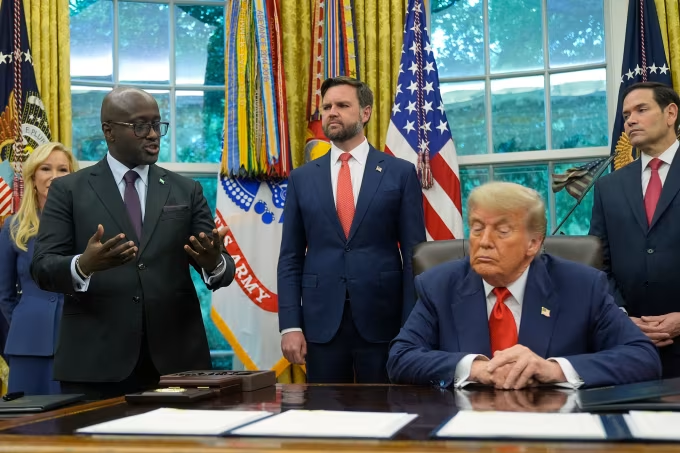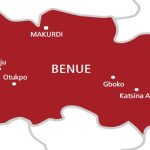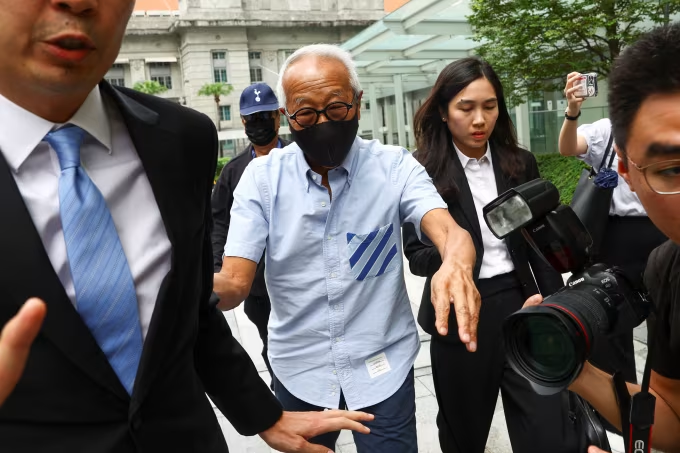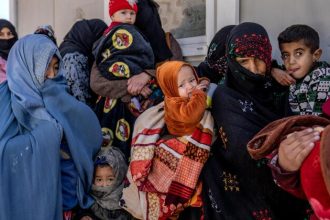Rwanda has finalized an agreement with the United States President, Donald Trump’s administration to accept migrants deported from the US, becoming the third African nation to do so.
The move has sparked criticism from observers who argue that the US is exerting pressure on African governments to absorb unwanted foreign deportees.
The deal follows similar arrangements the US made with South Sudan and Eswatini, where deported individuals, originally from other countries, were sent.
A spokesperson from the US Department of Homeland Security labeled the groups as “barbaric” criminals.
On Tuesday, Rwandan government spokesperson Yolande Makolo confirmed the agreement to CNN, saying the East African nation had “agreed with the United States to accept up to 250 migrants,” with provisions that allow Kigali “to approve each individual proposed for resettlement.”
Makolo explained that once accepted, the migrants “will be provided with workforce training, health care, and accommodation support to jump start their lives in Rwanda,” adding that this will enable them to “contribute to one of the fastest growing economies in the world over the last decade.”
With a population of under 15 million, Rwanda is not unfamiliar with international resettlement arrangements.
The country previously worked with the United Nations refugee agency to temporarily shelter asylum seekers and refugees evacuated from Libya.
Between 2019 and 2025, nearly 3,000 people arrived under this partnership, according to the UNHCR.
In 2022, Rwanda struck a highly debated agreement with the United Kingdom to accept asylum seekers who had entered the UK illegally.
However, the plan fell apart due to legal challenges and was officially abandoned after Keir Starmer assumed office as Prime Minister in July 2024.
Despite this, Rwanda indicated it had no intention of refunding the more than $300 million already paid by the UK for the deal.
Makolo declined to share details with CNN on how Rwanda would benefit from taking in migrants from the US or whether these individuals would be housed in the same facilities prepared for the UK deportees.
“We will provide more details once these have been worked out,” she said.
The first public indication of Rwanda’s willingness to explore such a deal came in May, when Foreign Minister Olivier Nduhungirehe disclosed that preliminary discussions were underway with the US government.
The Trump administration has been vocal about its commitment to relocating migrants it deems problematic, regardless of their country of origin.
Many African critics have accused Washington of treating Africa as a “dumping ground” for individuals considered undesirable in the US.
A recent ruling by the US Supreme Court in early July has enabled the Trump administration to expedite deportations of certain migrants to third countries with minimal notice.
A key barrier for prior US administrations had been the refusal of some countries to repatriate their own citizens.
To overcome this, former President Donald Trump had signed an executive order in January directing officials to secure international resettlement agreements.
A White House official told CNN that, “The United States is constantly engaged in diplomatic conversations with foreign nations who are willing to assist us in removing the illegal aliens that (former US President) Joe Biden allowed to infiltrate American communities.”
Some of Africa’s most influential nations, including Nigeria and South Africa, have reportedly been approached with similar proposals, prompting pushback from local political and civil society groups.
Rwanda’s own record on refugee protection has also come under scrutiny. While the UNHCR acknowledged the country’s willingness to temporarily host thousands of refugees during discussions on the UK deal, it also raised alarms over the potential dangers of “externalization,” including the possibility of refoulement, the forced return of refugees to countries where they may face harm.
At the time, the Rwandan government strongly denied those claims, asserting that it “does not refoule asylum seekers.”







